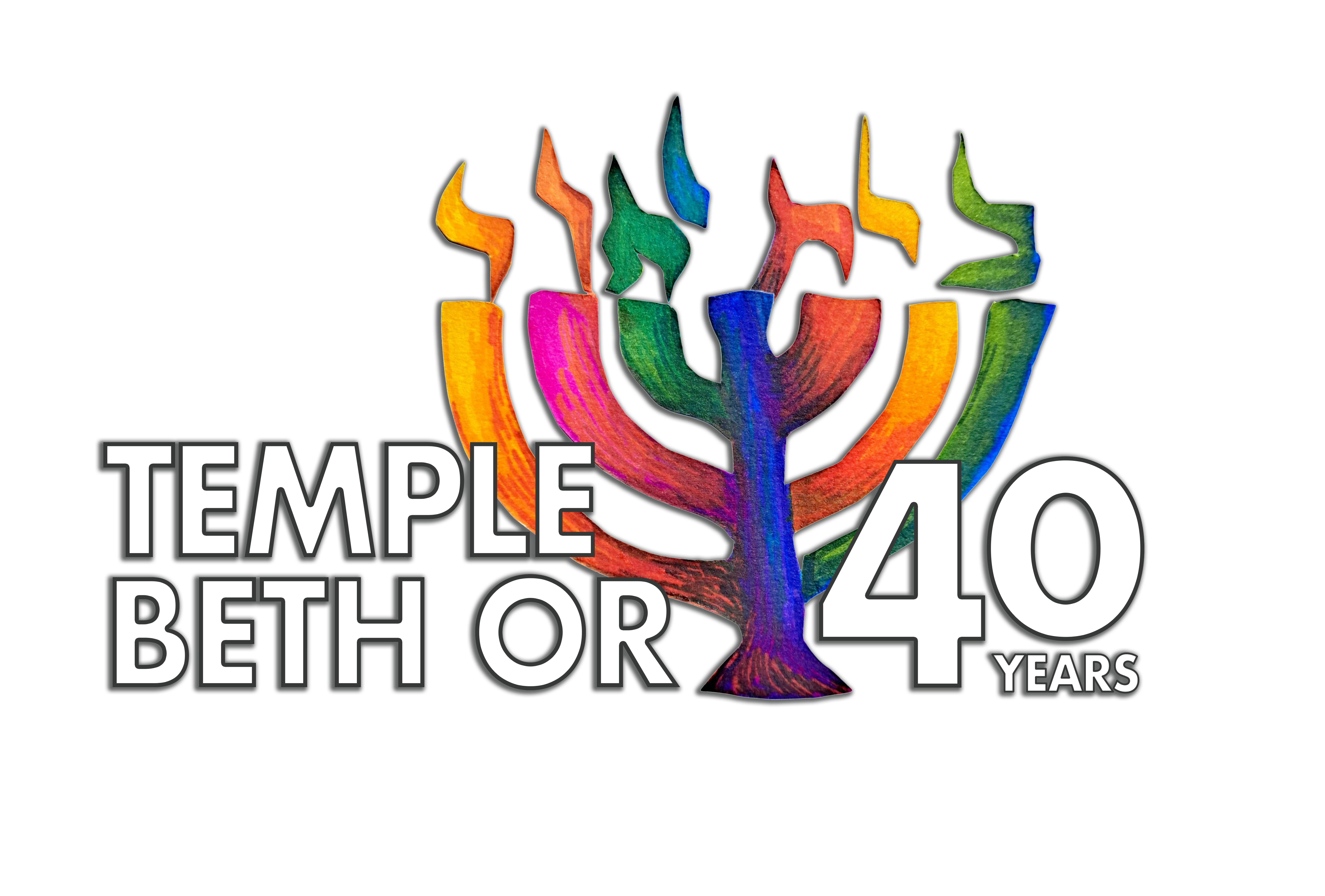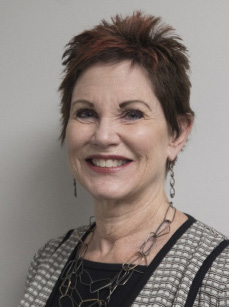Last week we discussed the addition of women’s names into the Avot. prayer during a Shabbat Service. This prayer mentions the Biblical fathers, Abraham Isaac and Jacob. When, why, and how did the Reform movement add the names of the matriarchs, Sarah, Rebecca, Leah, and Rachel? The answer is that given our movement’s commitment to gender equality, the matriarchal names were added in the 1990s to our prayerbook.
In that vein, I was delighted to see an innovation to Jewish liturgy suggested by poet and liturgist Debra Cash. Cash has cited the Proverbs 31 text Eyshet Hayil (A Woman of Valor), which is recited in observant homes at the Sabbath table to honor the women of the house, to propose a companion blessing for the man of the house with, “A Man of Value.”
Using Biblical references and medieval Hebrew poets, the author juxtaposes the values of Proverb’s Eyshet Hayil. In addition, she refers to ancient rabbinic sources and even used some words from U.S. representative and civil rights leader Elijah Cummings who once said:
“I’m here for a season and a reason. I don’t know why I’m here, I don’t know how long I’ll be here, but I am here. And I’m going to make the best of it.”
Here is the text:
A Man of Value*:
A man of value cannot be appraised; his worth is an incalculable treasure.
He rejoices in sunlight when he rises, and at night he blesses the dark.
A pillar of his household, he does not make himself a pedestal.
He puts down the gun and lowers his shield
and comforts the crying child.
He stands in equanimity before all
without deference to wealth or favor to the poor —
he is truthful in all his dealings.
When the winds of challenge buffet his ship
he shifts his sails and lightens the cargo
and continues to navigate calm waters.
His community praises his intention
his family rests in his esteem.
I’m here for a season and reason, he says
I will make the road by walking.
Innovations in our synagogue’s practice are based upon underlying assumptions, one being that “Reform Judaism is committed to gender equality. Our history teaches us that the ancient distinctions between the ritual roles of men and women are no longer justifiable on religious, moral or social grounds.” (Dr. Mark Washofsky; Jewish Living: A Guide to Contemporary Reform Practice). This principle does not blur the distinctions between the sexes but rather allows us to create comparable rituals that exist for one gender and not the other.
I would urge you to add Debra Cash’s beautiful blessing at your Shabbat table whenever possible so that each partner who heads a household may be blessed and recognized for their contributions to the family. Let us begin to honor the men of value in our lives, even as we bless the women of valor.
*To read more, please see: https://opensiddur.org/prayers/solilunar/shabbat/seudat-leil-shabbat/a-man-of-value-by-debra-cash/

